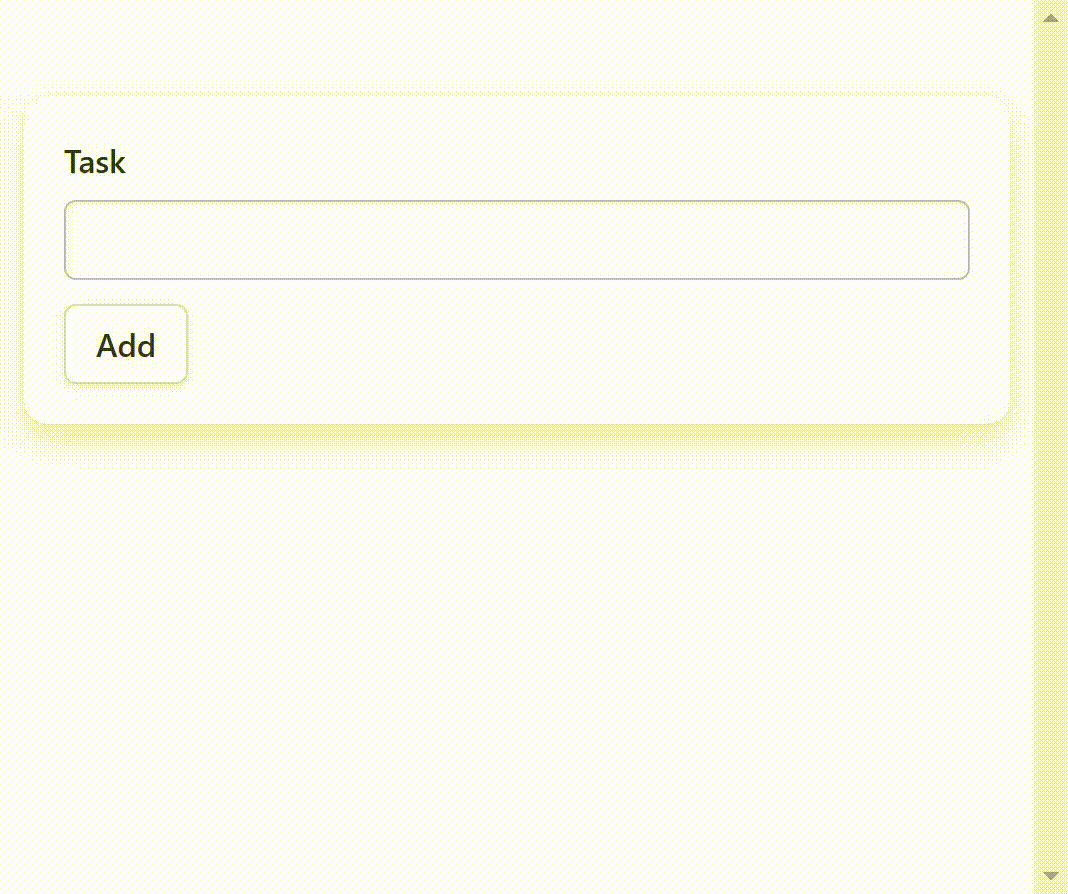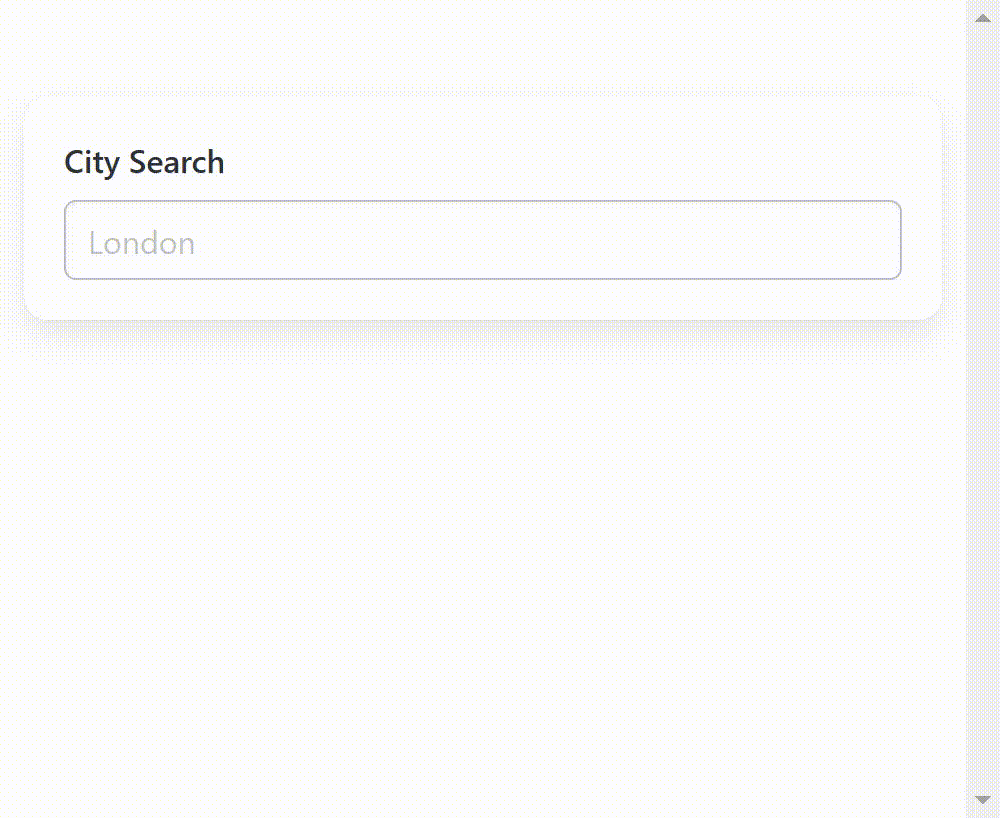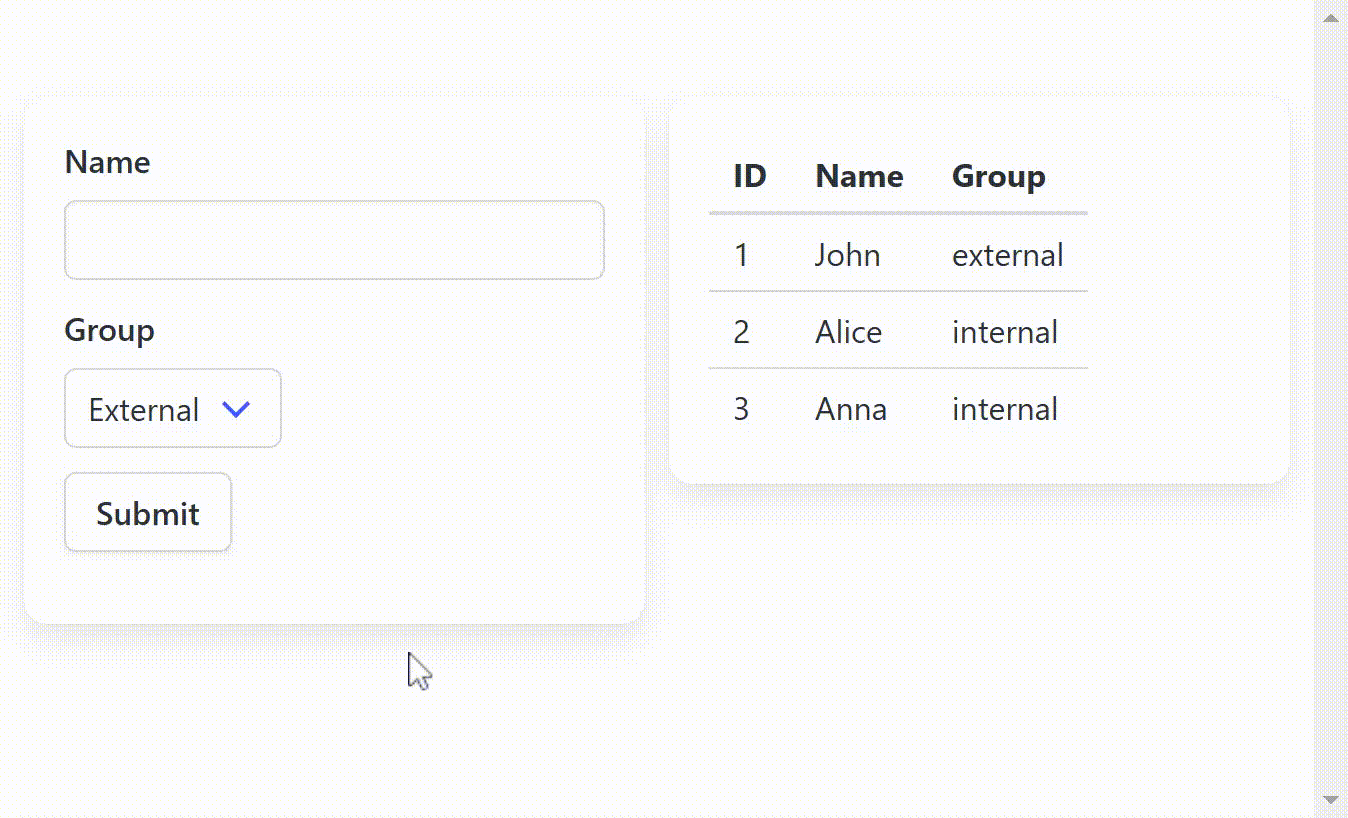LazyFast is a lightweight Python library for building modern, component-based web interfaces using FastAPI. It handles server-side logic in Python, with interactive elements like inputs and buttons triggering server-side component reloads for dynamic state updates.
Ideal for Python developers who:
- Have basic HTML and CSS knowledge and want to build web interfaces without learning complex frontend frameworks like React, Angular, or Vue.
Suitable for projects that:
- Have low to medium traffic and can benefit from server-side rendering to offload work from the client's machine. (Note: High traffic may increase server costs due to backend load.)
- Require quick prototyping and demos without involving frontend developers. LazyFast offers more flexibility than tools like Streamlit, which can be limiting and produce similar-looking applications.
Key Features
- Component-Based Server Rendering
- Build interfaces with lazy-loaded components that encapsulate logic, state, and presentation.
- Server-Side Logic
- Manage interactions and state on the server, reducing client-side complexity.
- FastAPI Integration
- Components and pages are FastAPI endpoints, supporting dependency injection and other features.
- Lightweight
- Dependencies: FastAPI for Python and HTMX for JavaScript (included via CDN).
- State Management
- Use a state manager to trigger component reloads for a reactive user experience.
To install LazyFast, use pip:
pip install lazyfastor
poetry add lazyfastHere's an example application to demonstrate how LazyFast works:
from fastapi import FastAPI, Request
from lazyfast import LazyFastRouter, Component, tags
# LazyFastRouter inherits from FastAPI's APIRouter
router = LazyFastRouter()
# Define a lazy-loaded HTML component powered by HTMX
@router.component()
class MyComponent(Component):
title: str
async def view(self, request: Request) -> None:
tags.h1(self.title, class_="my-class")
with tags.div(style="border: 1px solid black"):
tags.span(request.headers)
# Initialize the page dependencies for component rendering
# The page endpoint is also a FastAPI endpoint
@router.page("/{name}")
def root(name: str):
with tags.div(class_="container mt-6"):
MyComponent(title=f"Hello, World from {name}")
# Embed the router in a FastAPI app
app = FastAPI()
app.include_router(router)If you use uvicorn instead as a server and want to reload on changes, use the following command:
uvicorn app:app --reload --timeout-graceful-shutdown 1LazyFast is licensed under the MIT License.
- Cache system for HTML tags
- Component templates with popular CSS frameworks (Bootstrap, Bulma, etc.)
- Advanced state management
- Closer integration with HTMX
- ...







